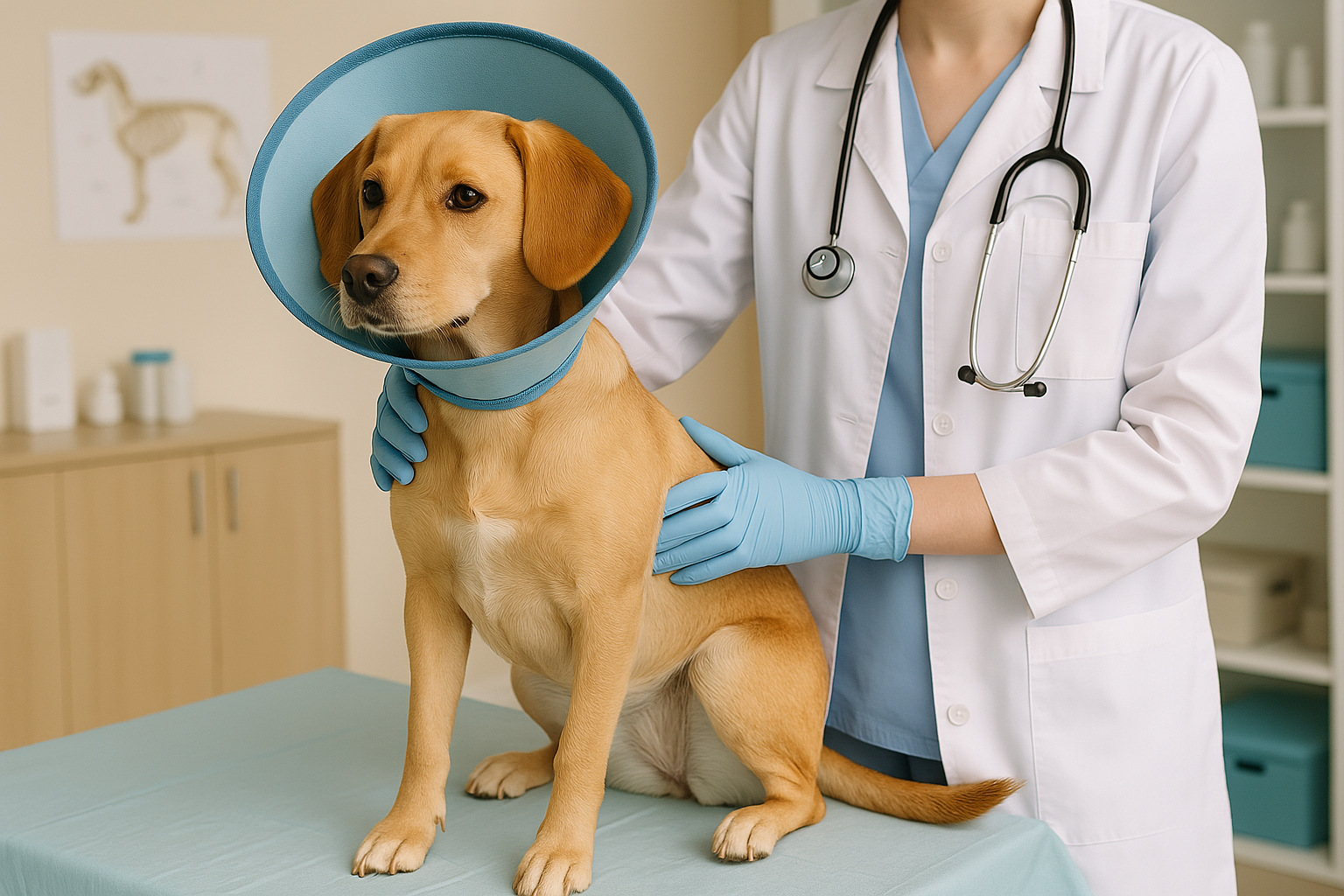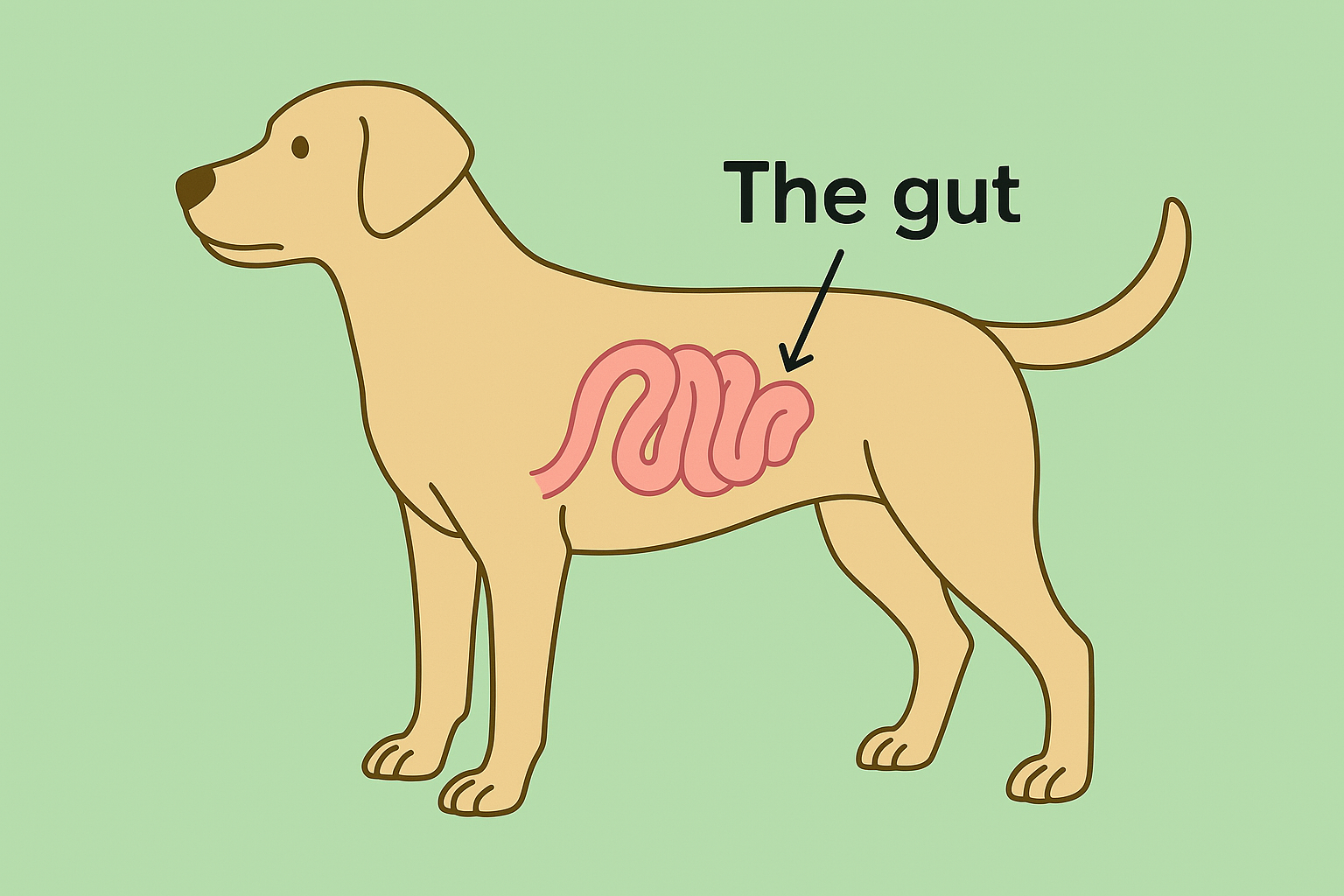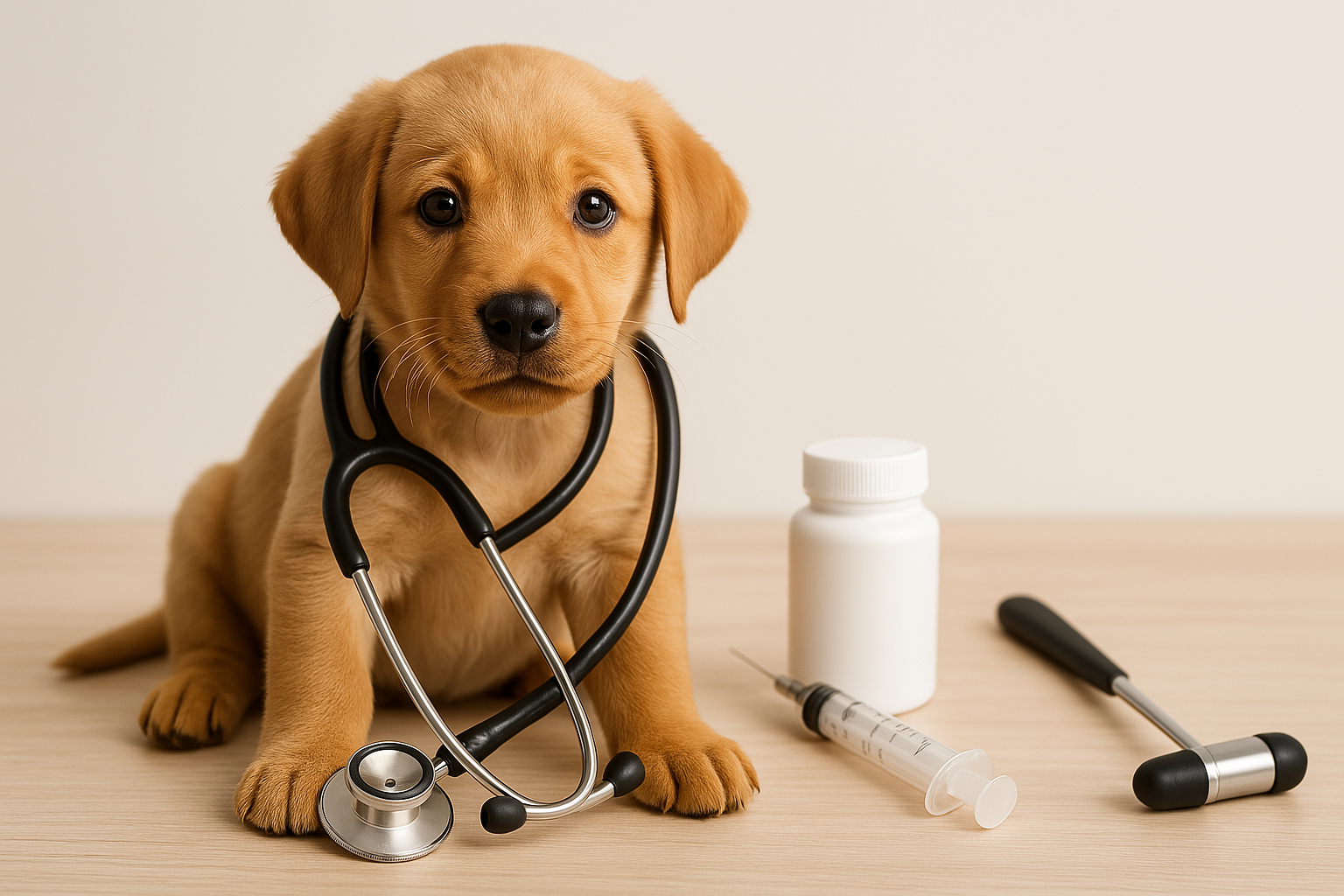
Should You Neuter Your Dog? Health, Behaviour and Ethical Considerations
Should You Neuter Your Dog? Health, Behaviour & Ethical Considerations
Neutering—also known as castration for males and spaying for females—is a common procedure that many pet owners consider. But is it the right choice for your dog? Understanding the health benefits, behavioural changes, and ethical aspects can help you make an informed decision.
Pros & Cons of Neutering
Pros:
✅ Health Benefits – Reduces the risk of certain cancers, infections (like pyometra in females), and prevents unwanted pregnancies.
✅ Behavioural Improvements – Less territorial marking & roaming in males, and reduced mood swings in females.
✅ Helps Manage Population – Prevents unplanned litters and reduces the number of dogs in shelters.
✅ Prevents Heat Cycles – No messy discharge or behavioural changes associated with females in heat like false pregnancies.
Cons:
⚠ Potential Weight Gain – Some dogs may gain weight after neutering, requiring careful diet management by reducing it by 10%.
⚠ Hormonal Changes – While usually beneficial, some dogs may experience slight temperament shifts.
⚠ Surgical Risks – As with any procedure, there is a minimal risk of complications or infections. Consult your vet before making that appointment.
⚠ Irreversible Decision – Once done, hormonal functions affecting growth and behaviour are permanently altered.
When Should You Neuter Your Dog?
Timing matters! While some vets recommend neutering at six months, others suggest waiting until your dog is fully grown, particularly in larger breeds where hormones impact bone development. Discuss the ideal timing with your vet based on your dog’s breed, size, and health history.
Recovery Plan: What to Expect
After surgery, your dog will need rest and gentle care:
-
Limit physical activity for 7–10 days to prevent wound complications. Meaning no jumping up on chairs/tables etc..
-
Use an e-collar (cone) or Surgical Suit to stop them licking stitches Which you can buy by clicking above.
-
Monitor for swelling, redness, or discharge and contact the vet if needed as this could mean signs of infection.
-
Provide a quiet space for recovery with minimal stress example would be a dog crate or pen with some tasty chews, licki mats or even kongs to keep them mentally busy.
-
Adjust their diet if energy levels and metabolism change post-neutering.
Ethical Considerations
Some pet owners prefer natural reproduction, while others support neutering to control overpopulation. Ultimately, it’s about what aligns with your values and your dog’s well-being. Spaying and neutering are widely recommended by animal welfare organisations, but each dog is different, and personal circumstances may influence your decision.
Final Thoughts
Neutering is a common and beneficial procedure for many dogs, but it’s not a one-size-fits-all decision. Before making a choice, weigh the health, behavioural, and ethical factors carefully, and consult your vet for expert advice tailored to your pet.






